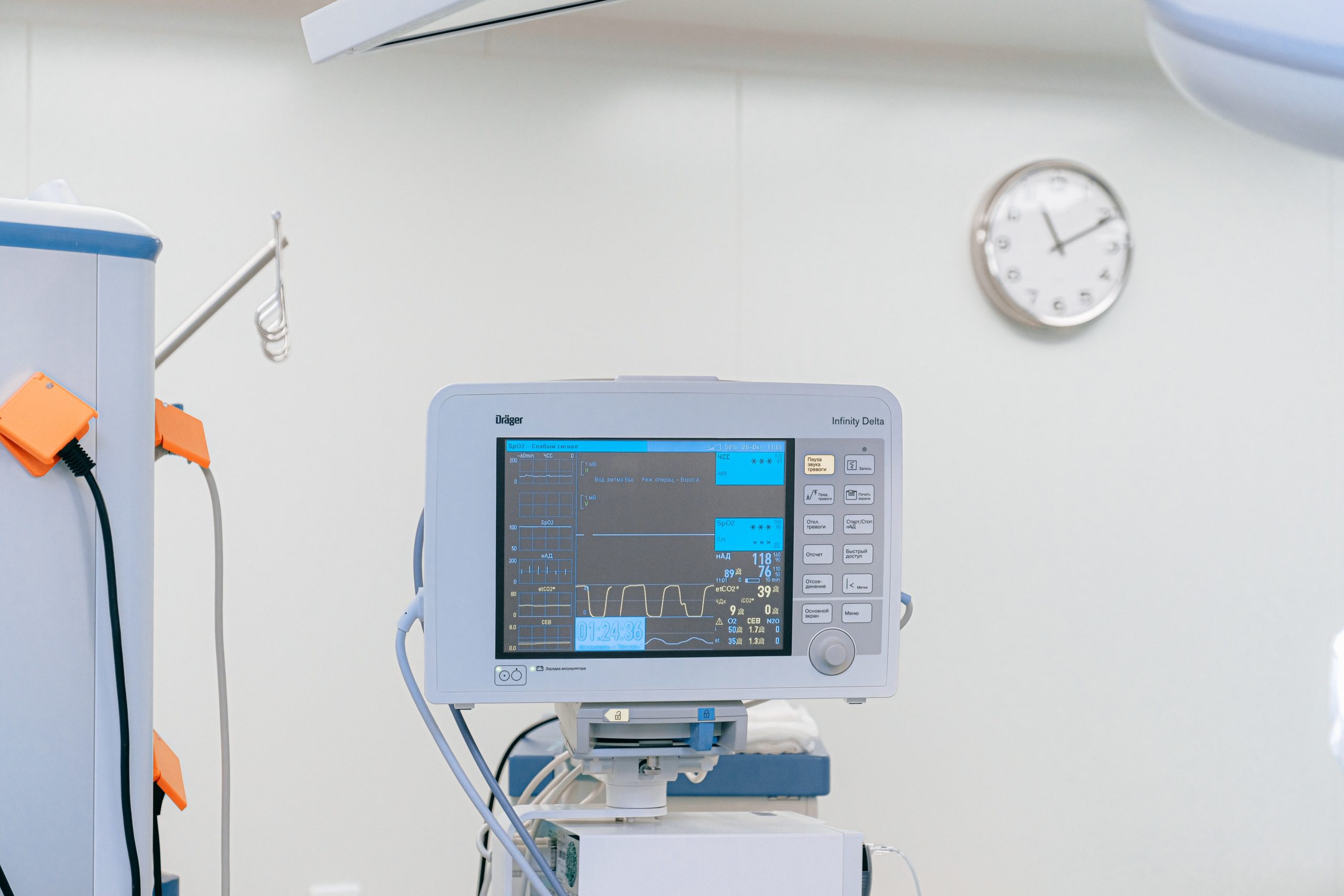Medical Negligence and Medical Malpractice
Medical Negligence and Medical Malpractice are terms that people use interchangeably. These two terms share many similarities but there is a distinctive difference – the intent of the medical doctor.[1]
Medical Negligence usually takes the form of mistakes or accidents that result in harm to a patient. For example, a medical doctor who accidentally left a scalpel inside a patient’s stomach after surgery is an act of Medical Negligence.
As for Medical Malpractice, it occurs when a medical doctor knows the risks associated with all the available options and consciously chooses the option which eventually harms the patient. A medical doctor who does not disclose the possible side effects of a medication but nevertheless proceeds with prescribing it to a patient is an instance of Medical Malpractice.
Common Examples of Medical Malpractice
There are many reasons why a patient may file a Medical Malpractice claim against a doctor. Here are the most common examples:[2]
- Failure to obtain informed consent;
- Failure to diagnose or misdiagnosis;
- Failure to obtain or review medical history before treatment;
- Performing unnecessary surgeries;
- Operating on the wrong body part;
- Failure to advise all treatment options and alternatives;
- Failure to disclose all of the risks and special risks of a treatment;
- Failure to disclose errors;
- Prescribing wrong medications or the wrong dosage; and
- Failure to provide a proper follow-up.
The Test for Medical Malpractice
Despite the difference between the two terms, Medical Malpractice is the term that is colloquially used – even if the issue at hand is technically corresponding to a claim in Medical Negligence. In other words, if a patient pursues litigation against a doctor for any errors, mistakes, accidents, delays and such, it is considered a Medical Malpractice case. As Medical Malpractice falls under the general area of negligence, the terminology and test used in determining whether a doctor has committed an act of Medical Malpractice is identical to general negligence claims like Personal Injury. The job of the Courts then is to answer the question: was the doctor negligent?
To determine a doctor’s negligence, a patient has to prove that:[3]
1) the doctor breached the standard of care;
2) the patient’s injury was caused by the doctor’s negligence; and
3) the patient’s injury resulted in significant damages.
It is important to note that although the test for negligence is structured similarly to Personal Injury cases, it is usually much more difficult for a patient to prove that a doctor has breached the standard of care.
This is because not only is the standard of care for doctors different for each medical specialist but also because there are different standards of care within the same medical specialist depending on the circumstances. A doctor’s conduct is compared to that of a prudent and diligent doctor in the same circumstances.[4]
However, there are too many factors to take into account such as the numerous different treatments, procedures, methodologies, techniques, technologies, and any of the combination that a doctor may use that is specific to a patient’s situation.
Hence, there are an endless amount of different standards of care even within the same medical specialist tailored to each specific situation. To remedy this, the Courts rely on many medical expert testimonies which both parties are allowed to bring forth.
Disclaimer: The information provided in this response is for general informational purposes only and is not intended to be legal advice. The content provided does not create a legal client relationship, and nothing in this response should be considered as a substitute for professional legal advice. The information is based on general principles of law and may not reflect the most current legal developments or interpretations in your jurisdiction. Laws and regulations vary by jurisdiction, and the application and impact of laws can vary widely based on the specific facts and circumstances involved. You should consult with a qualified legal professional for advice regarding your specific situation.
[1] Spector Law Group, “Medical Negligence vs. Medical Malpractice, What’s the Difference?” (November, 2020).
[2] Preszler Law, “How Do The Courts Define Medical Negligence?” (2021); Abpla, “What is Malpractice?” (2020).
[3] Reibl v. Hughes, 1980 CarswellOnt 614.
[4] Ter Neuzen v. Korn, 1995 CarswellBC 1146.

